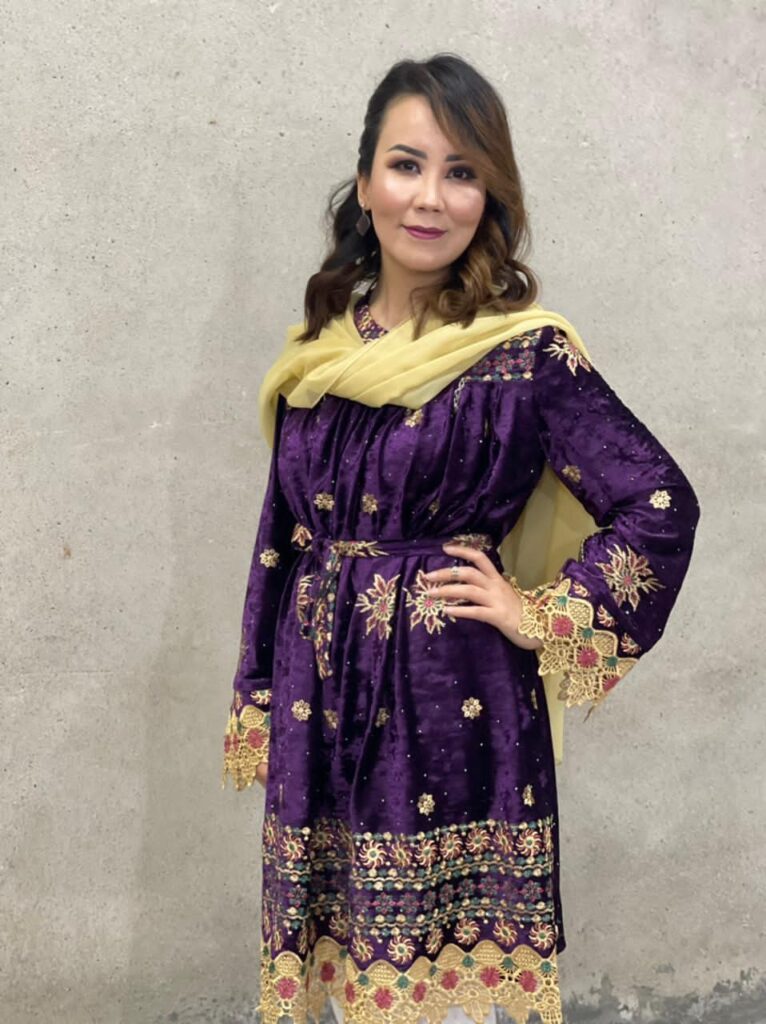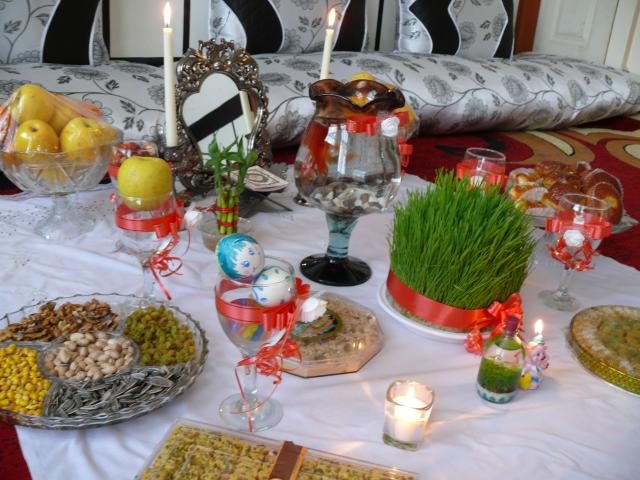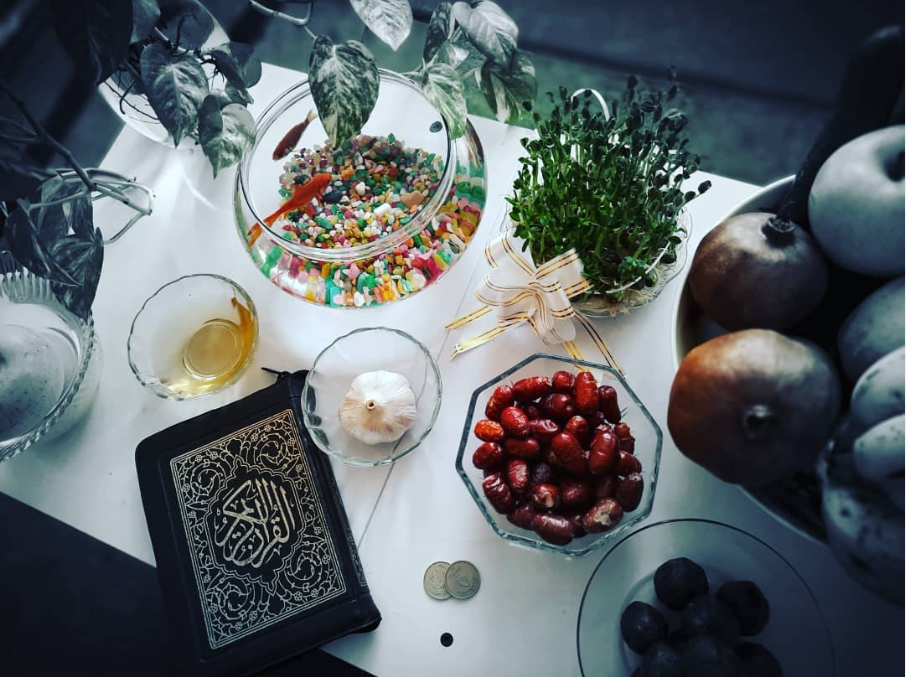Happy International Nowruz Day to all those who celebrate!
“Afghan people say Nawruz and Iranian people say Nowruz, which doesn’t make any difference. It’s mainly because of our accent.”
Zahra Rahimi
Zahra Rahimi, a Queen’s alumnus with MSc in Advanced Food Safety, has just sent us the festive greeting and directed us to the cultures of practice from her personal perspective.

Today marks the first day of our new year in the solar calendar, which many of us celebrate as Nawruz—meaning “New Day.” It’s a time of renewal, joy, and fresh beginnings.
I just wanted to take a moment to send you a note and share our warmest New Year wishes with you! May this year bring you happiness, good health, and success in everything you do.
What is Nowruz/Nawruz?
Nowruz, meaning the ‘new day’, has its spelling varying from country to country, marking the first day of spring (usually occurs on 21 March) and celebrated as the beginning of the new year by more than 300 million people across the globe, with over 3,000-year-long tradition of celebrations in the Balkans, the Black Sea Basin, the Caucasus, Central Asia, the Middle East and other regions.
Nowruz is a rite dating back to at least the 6th century BCE, marking the new year and ushering in spring. Variously known as Novruz, Nowrouz, Nooruz, Navruz, Nauroz or Nevruz, this historic rite is observed on 21 March in many countries along the Silk Roads, including Afghanistan, Azerbaijan, India, Iran, Iraq, Kyrgyzstan, Kazakhstan, Pakistan, Tajikistan, Turkey, Turkmenistan and Uzbekistan.
Here is a brief introduction to the Haft Sen, referring to 7 items starting with S, as Zahra recommends.
If you would like to learn more about the Nowruz/Nawruz culture, you are welcome to join the Iranian Association of Queen’s University celebration event coming on next Wednesday 26th March.



